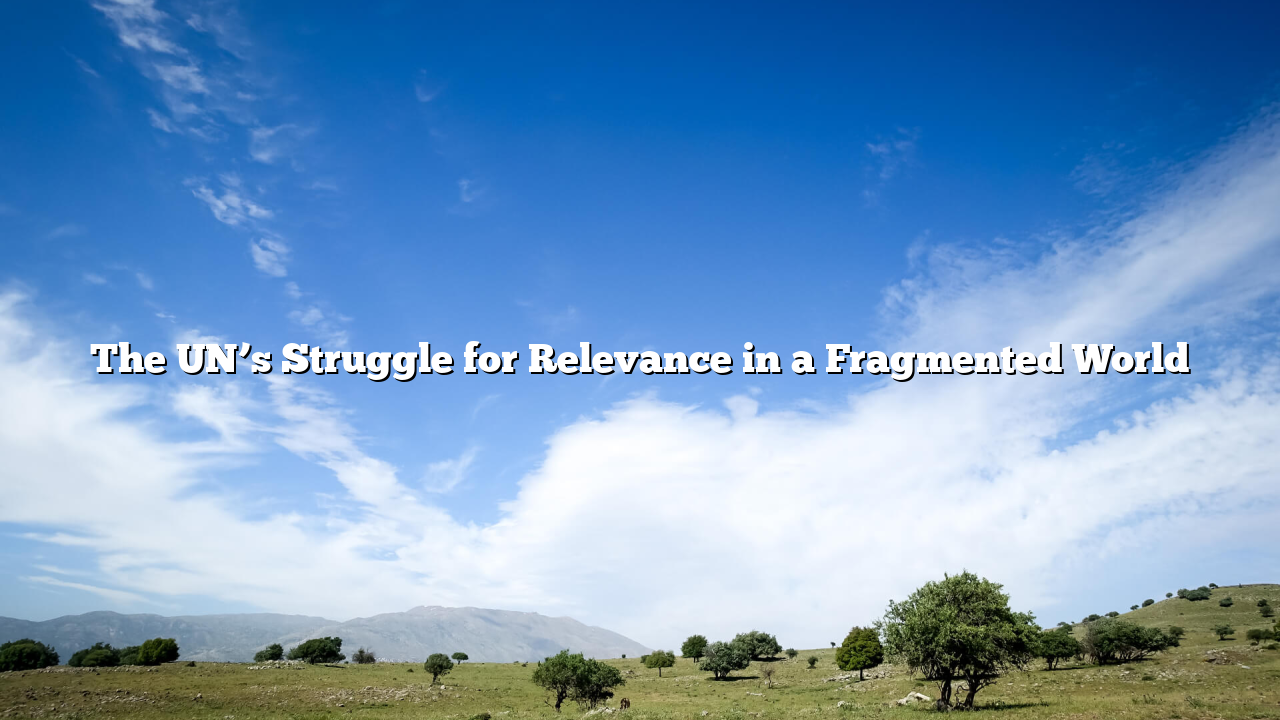As global crises multiply — from wars in Ukraine and Gaza to the rise of AI and climate displacement — the United Nations faces an Slot777 login existential question: can it still fulfill its founding mission of maintaining international peace?
Founded in 1945 to prevent another world war, the UN now finds itself paralyzed by Security Council divisions. Vetoes by permanent members — especially the U.S., China, and Russia — have rendered the body largely impotent in major conflicts. Reform proposals to expand membership and limit veto power have stalled for decades.
Secretary-General António Guterres has repeatedly warned that multilateralism is “on life support.” Humanitarian agencies face funding shortfalls as global crises multiply. The UN Refugee Agency reports record displacement, yet peacekeeping missions are shrinking amid donor fatigue.
Still, the UN remains indispensable for coordination on issues like climate change, global health, and human rights. The 2025 Summit of the Future aims to modernize its structure, proposing a “Global Digital Compact” and new peacebuilding mechanisms.
But without structural reform and renewed political will, experts warn the UN risks irrelevance — overshadowed by regional alliances, private tech giants, and informal coalitions.
In a world increasingly shaped by power blocs and realpolitik, the UN’s ideals of shared sovereignty and collective security are under their greatest test since its creation.
